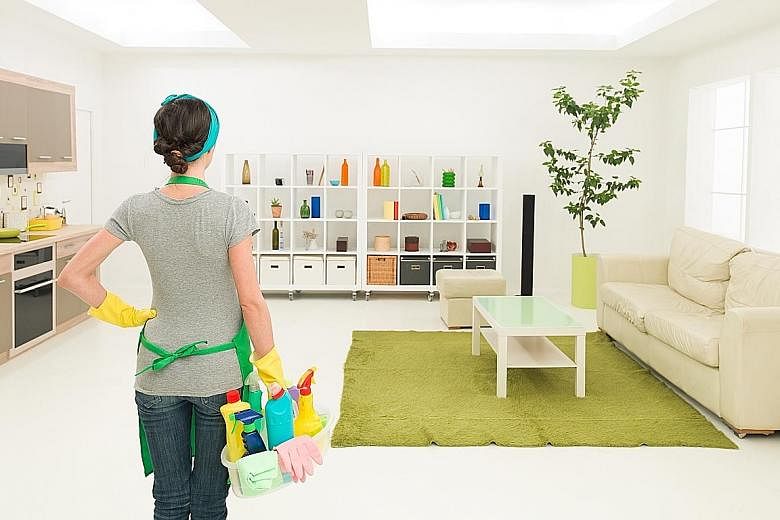Guilt about not doing enough housework may be harming working women's health, according to new analysis of data from the International Social Survey Programme .
Over a two-year period, women in 24 countries were asked to rate the amount of household chores they do each day in terms of their perceived "fair share". They also ranked their physical health levels.
"Women who are not working a lot in the house (have) poorer health than women who are working more household hours," said assistant professor of psychology Candice Thomas at Saint Louis University, the paper's co-author.
"How much you work at home is impacting health in a way we didn't expect."
The report, published in the journal Sex Roles, says: "Although the worst health was reported among women with higher work and household hours... the relationship between job work hours and physical health is stronger when women are not contributing to the household workload as intensively."
The authors suggest this link might be down to women feeling "guilt and empathy towards their spouses, as well as a transfer of stress from their spouses".
Dr Thomas said the research shows it is "how women feel about the distribution (of housework) that really matters. And I think guilt is something that probably plays a role in it - that you're not doing your fair share".
In the UK, averaging across all seven days of the week, women and men now spend a near-identical amount of time working when household chores are included (women: 7hr 10min per day; men: five minutes more).
While more women are in paid work than ever before, for many people the traditional, archaic ideas of what a man and women "should" do in the household linger on.
"This guilt is linked to some expectations of what women are 'supposed' to do, even if they don't agree with it," said sociologist Melissa Milkie at the University of Toronto.
"Although women and men's roles are much more similar (now), the expectations lag to some degree - we're still stuck culturally. This may be true for men too, in that they still have to be breadwinners."
At 31, Holly Marriott is the founder and CEO of her own company, but still grapples with a question of her identity: "Am I the powerful person running a business, or am I the person incapable of keeping my house clean?"
Ms Marriott lives with her partner in Norfolk, and because of work commitments feels she isn't able to take on her share of the household work. "It's classic house pride: 'I'm a woman - I should be able to keep a house clean.' But I don't have time to do that."
The feeling of guilt is something she can't seem to shake off - even though she is the higher earner in the household. "I feel like I should be able to do more, even though I work long hours. I think it's related to traditional roles: even though my role has changed and I'm working flat-out, I feel I need to keep things tidy. It's the whole thing of taking an equal amount of weight. I don't because I haven't got time to - and that bothers me."
THE GUARDIAN

